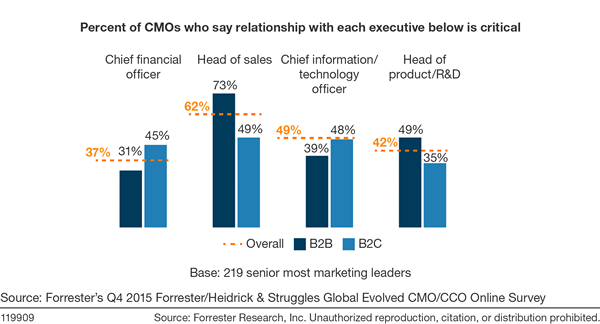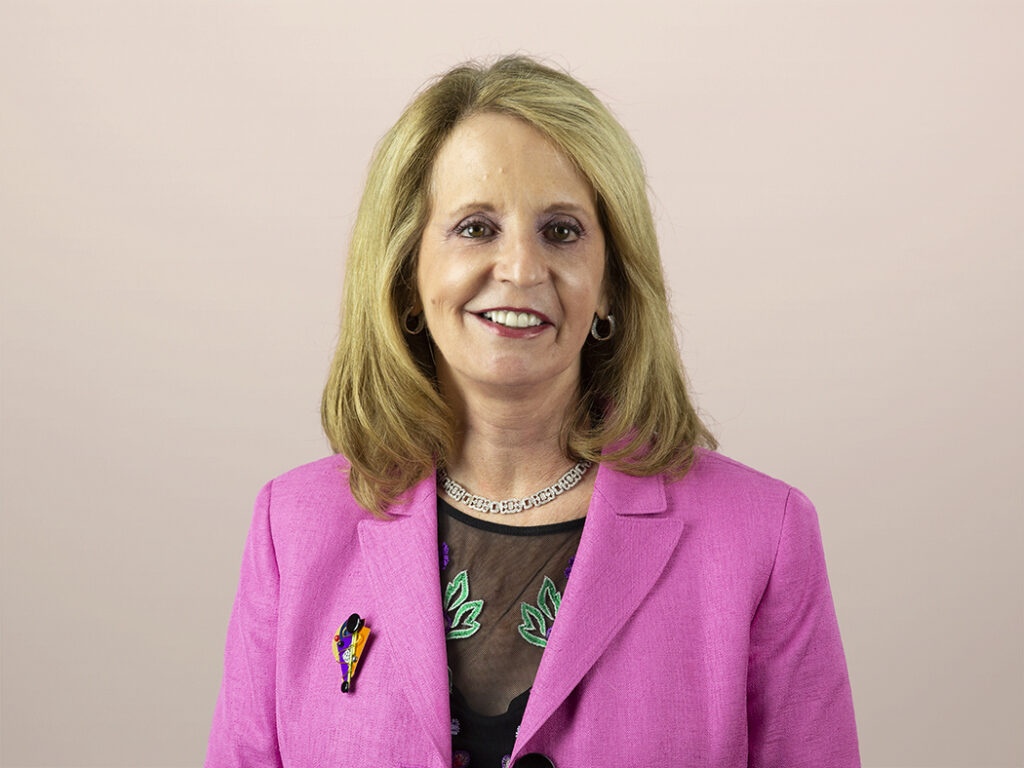CMOs, Your Role Is Evolving . . . Are You Keeping Up?
I recently returned from an amazing vacation in the Galápago Islands where the impact of evolution is evident all around you. It was in the amazing Galápagos where Charles Darwin developed his theory of evolution by means of natural selection. And it might surprise you to learn that a tiny bird called the Galápagos (or more commonly Darwin's) finch played a critical role in the formation of Darwin's theories. The diversity of the various finch species and how they evolved from a common ancestor to adapt to the different food types on each Galápagos island fascinated Darwin. Although these birds act and look pretty much alike (e.g., size, plumage, behavior), there are actually 14 species with a distinctive size and shape of their beak. Some are long and narrow to get at available food in deep cracks of volcanic rock, and some are wide and short to scoop up the moss on the flat rocks by the shoreline, along with everything in between. These birds were only able to survive the harsh and unique conditions on the Galápagos by evolving to their available food supply.
Compare these nimble finches to the giant tortoises, which are the largest tortoises in the world, weighing up to 1,000 lbs. Without a pressing need to evolve, giant tortoises are very happy to live out their lives as they have for more than 4 million years. Interesting, right? But you must be thinking . . . what does this analogy have to do with the role of today's CMO?
Plenty.
Just as Darwin's finches faced dramatic changes in their environment that forced the evolution of their beak to survive, the post-digital era we live in has turned the CMO role upside down. Today's CMOs have never faced more opportunity or complexity. Firms now expect CMOs to be experts in not only brand and customer acquisition but also technology, data analytics, and customer experience.
To survive and thrive in our new era, today's CMOs cannot have a giant tortoise mentality. Instead, they must resemble the Darwin's mighty finches and evolve to master this new marketing universe — a data-driven, highly segmented, customer-centric, and omnichannel world.
And that's where our new report, "The Evolved CMO In 2016," can help. Working closely with John M. Abele, managing partner of Heidrick & Struggles' Marketing, Sales & Strategy Officers, we surveyed 275 CMOs in Q4 2015 to assess how the CMO role has evolved and to understand the keys for success moving forward. Our new report showcases the survey results and provides a road map for success. The research clearly shows that evolved CMOs who commit to understanding customers and to driving that philosophy throughout the organization are those who can take charge in the C-suite. Here's how:
- Act as a true business leader on par with C-suite peers. After years of aspiring to be treated as more than functional experts, CMOs are finally proving their business chops. They are moving beyond brand, communications, and marketing execution to better quantify the impact of marketing's work in business terms. Tasked with delivering against profit-and-loss metrics, our survey results show that CMOs are increasingly partnering with their peers to drive business and brand results. They understand their ability to drive change depends on their ability to gain the respect and trust of their C-suite peers and actively work to align goals (see Figure 2). As they partner with their peers to guide their firms toward the future, today's evolved CMOs are leading the charge to understand customers' changing buying needs and potential external disruptions.

- Assume responsibility for firmwide customer experience. Today's empowered customers have as much to say about what a brand stands for as the firm itself. In this new era, CMOs understand that they must transform the belief that brand is a controllable asset into a customer-centric view that recognizes brand as an emotionally resonant customer experience (CX) that transcends product and service transactions. Evolved CMOs recognize that delivering on the brand promise means ensuring that all customer experiences align to a common brand vision. With this in mind, not surprising is that two-thirds of CMOs tell us that they now have responsibility for CX, and 44% would like to further grow their influence in customer experience.
- Prepare the organization for digital disruption. Connected cars, RFID-enabled product tracking, and the internet of things are leading a digital revolution that will affect every industry. Nearly half of firms believe that digital has already disrupted their industry, and just more than half believe that they will see more disruption in the coming year. Forty-two percent of CMOs recognize the importance of building strong peer relationships with the head of product and research and development to build an innovation pipeline that helps the enterprise prepare for and respond to digital disruption.
- Enhance influence into transformative areas of the company. As they get comfortable with their expanded CX responsibilities, evolved CMOs are eager for even more influence in their firms' transformation. Our survey results show that 18% seek greater involvement in business strategy 18% while 12% focused on business unit/P&L strategy.
Our research also shows that winning in the age of the customer requires a fundamental reset of a company's operating model. Evolved CMOs are championing this transformation and taking on the challenges of culture and talent management, process redesign, as well as data and business technology realignment. Serving as the nexus of customer, market, and competitive knowledge, evolved CMOs sit in the cat bird's seat and act as the customer advocate across the enterprise by bringing their knowledge about customers, markets, and competition to bear on defining the experiences that can best win, serve, and retain customers. As a result, we expect evolved CMOs' stature and credibility in the C-suite to grow as smart CEOs increasingly depend on them for the customer insights that firms need to inform business growth strategies.
How is your role evolving? I'd love to hear your comments and perspectives about this topic. Please reach out to me via email, on my blog, or on my Twitter account with your thoughts.
